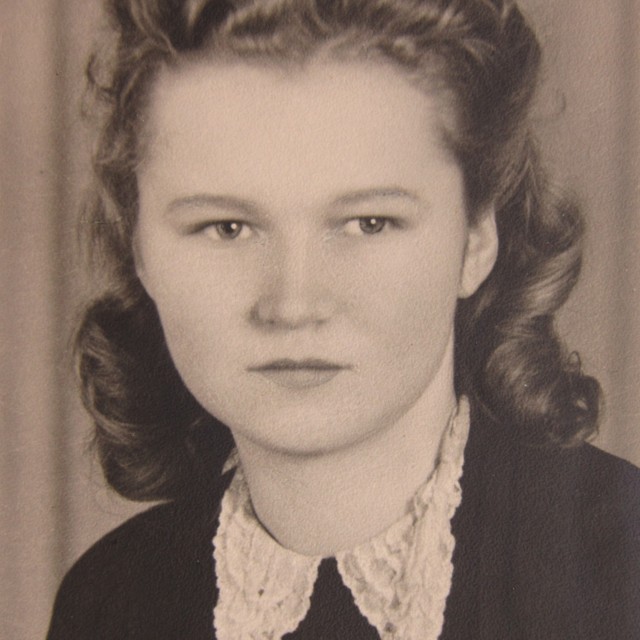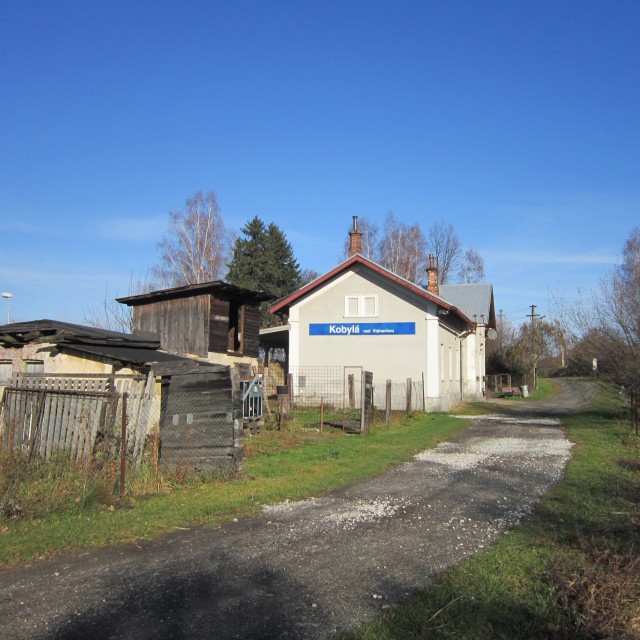My mom was running on the railway tracks only in her apron
In 1938, Eliška Mišunová lived with her parents in an apartment in the train station in Kobylé nad Vidnavkou, in the border region of Javornicko. They were one of the few Czech families living in this predominantly German area. Due to the progressively rising tension in the days before the Munich crisis, her parents sent her to the interior of the country on September 17, 1938. Five days later, on September 22, the train station where her father worked was surrounded and attacked by members of the Sudeten German Freikorps, the so-called “Ordners.” “According to my dad, the train station was suddenly crowded with Germans. They were everywhere, scattered around the platforms, the concourse, in front of the building and on the sides. Only the tracks remained clear of them. My father told my mother to run away. She ran along the tracks just in a dress and an apron, without any money. She ran down the tracks towards Žulová because my dad had probably told her that she could board a train there that would evacuate the Czechs from the region of Vidnavsko and Javornicko.” Eliška Mišunová knows these dramatic moments because her father would frequently recall them. She adds that her mother had to go all the way to Žulová because the armored train evacuating the endangered Czech population from Vidnavsko was stopped by the Ordners in nearby Velká Kraš. Before her mother arrived in Žulová, she experienced moments of great fear. “On the way there, the Germans yelled and swore at her: ‘You Czech swine, they’ll kill you before you get to Žulová.’ She told me that she didn’t look right or left, she just ran to get to Žulová to the train.” Meanwhile, the Ordners shot the unarmed father in the ear and then almost beat him to death. They forced him to immediately fly the German flag at the station and to swear allegiance to it. They threatened to hang him on the cherry tree standing next to the station if he refused.
Hodnocení
Hodnotilo 0 lidí
Routes
Not a part of any route.
Comments
No comments yet.



